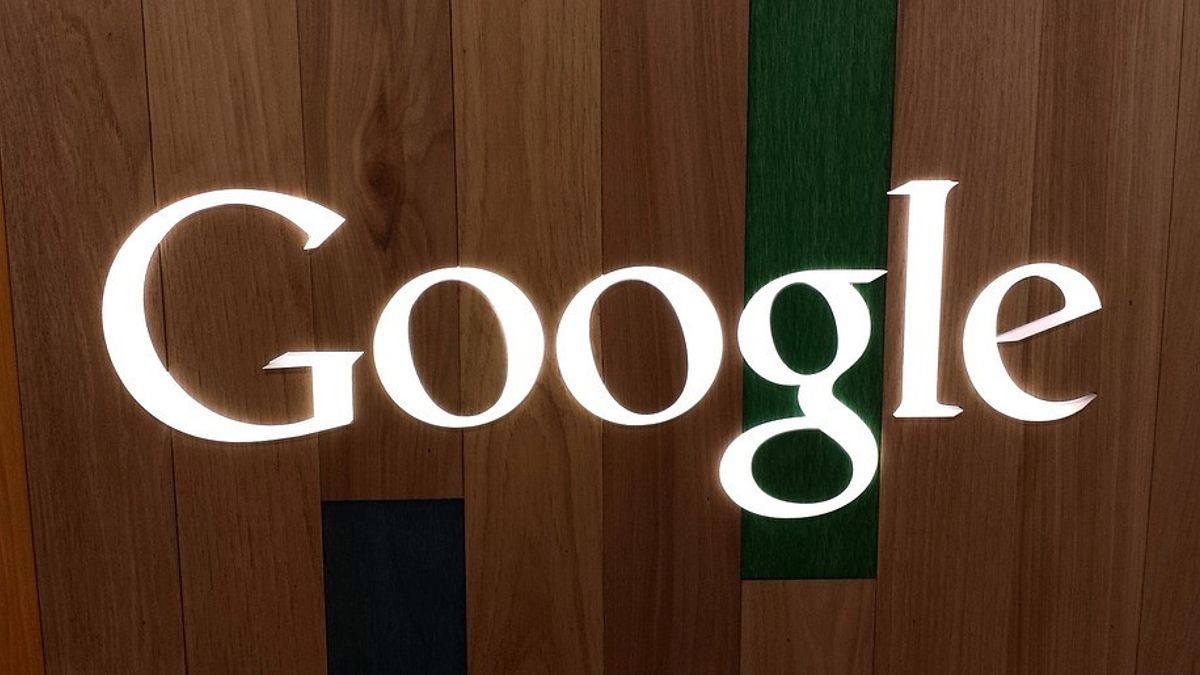JAKARTA - The Michigan attorney general's office said Monday, November 14 that Alphabet, Google's parent company, would pay $391.5 million to settle allegations by 40 states that the search and advertising giant had illegally tracked down the user's location.
The investigation and settlement, led by Oregon and Nebraska, is a sign of growing legal problems for tech giants from state attorneys generals aggressively targeting the company's user tracking practices in recent months.
In addition to payments, Google should be more transparent to consumers about when location tracking will occur and provide users with detailed information about location tracking data on special web pages.
"When consumers make the decision not to share location data on their devices, they must believe that the company will no longer track their every step," Iowa Attorney General Tom Miller said in a statement.
"This settlement makes it clear that companies must be transparent in the way they track customers and comply with state and federal privacy laws," Miller added.
In response to the allegations, Google is ready to comply with the decisions made by replacing their old policies.
"Consistent to the improvements we have made in recent years, we have completed this investigation, which is based on an obsolete product policy that we changed years ago," said Google spokesman Jose Castaneda.
Google said in a blog post on Monday that it would "make updates in the coming months to provide greater control and transparency over location data."
These changes include making it easier to delete location data. New users will have automatic delete control that allows them to order Google to delete certain information when it reaches a certain age.
State lawyers opened an investigation in 2018 following reports that Google recorded location data even when users banned it. The investigation found that Google had misled consumers about location tracking practices since at least 2014, in violation of state consumer protection laws.
Arizona filed a similar case against Google and settled it with $85 million in October 2022.
Texas, Indiana, Washington State, and the District of Columbia sued Google in January for what they call fraudulent location tracking practices that violate user privacy.
Google has revenue of USD 111 billion (IDR 1717 trillion) from advertising in the first half of this year, more than any other online ad seller. Consumer locations are key to helping advertisers tackle digital chaos to make advertising more relevant and attract consumer attention.
The English, Chinese, Japanese, Arabic, and French versions are automatically generated by the AI. So there may still be inaccuracies in translating, please always see Indonesian as our main language. (system supported by DigitalSiber.id)













